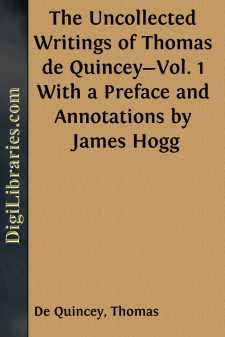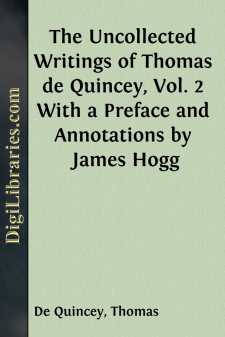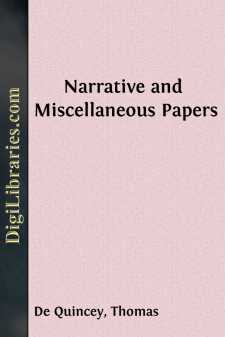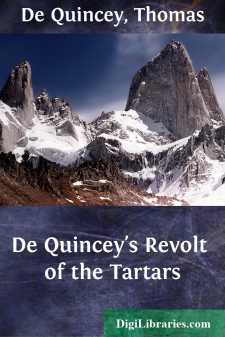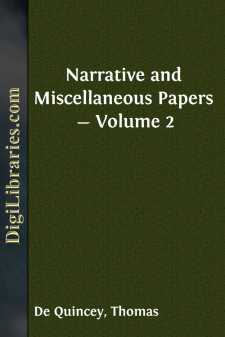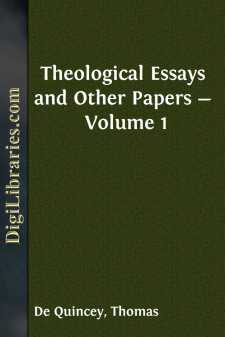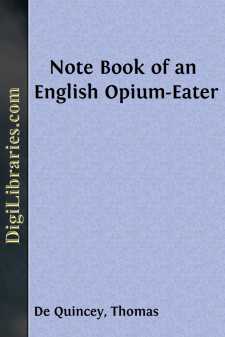Categories
- Antiques & Collectibles 13
- Architecture 36
- Art 48
- Bibles 22
- Biography & Autobiography 813
- Body, Mind & Spirit 142
- Business & Economics 28
- Children's Books 13
- Children's Fiction 10
- Computers 4
- Cooking 94
- Crafts & Hobbies 4
- Drama 346
- Education 46
- Family & Relationships 57
- Fiction 11828
- Games 19
- Gardening 17
- Health & Fitness 34
- History 1377
- House & Home 1
- Humor 147
- Juvenile Fiction 1873
- Juvenile Nonfiction 202
- Language Arts & Disciplines 88
- Law 16
- Literary Collections 686
- Literary Criticism 179
- Mathematics 13
- Medical 41
- Music 40
- Nature 179
- Non-Classifiable 1768
- Performing Arts 7
- Periodicals 1453
- Philosophy 64
- Photography 2
- Poetry 896
- Political Science 203
- Psychology 42
- Reference 154
- Religion 513
- Science 126
- Self-Help 84
- Social Science 81
- Sports & Recreation 34
- Study Aids 3
- Technology & Engineering 59
- Transportation 23
- Travel 463
- True Crime 29
Sort by:
PREFACE. 'The last fruit off an old tree!' This, in the words of Walter Savage Landor, is what I have now the honour to set before the public in these hitherto 'Uncollected Writings of Thomas De Quincey.' It was my privilege to be associated intimately with the Author some thirty to forty years ago—from the beginning of 1850 until his death in 1859. Throughout the whole period...
more...
The following novel was originally produced in the German language, as a soi disant translation from Sir Walter Scott, to meet the demands of the last Easter fair at Leipsic. In Germany, from the extreme difficulties and slowness of communication between remote parts of the country, it would be altogether impossible to effect the publication of books, upon the vast scale of the current German...
more...
THE ENGLISH IN CHINA. This Paper, originally written for me in 1857, and published in Titan for July of that year, has not appeared in any collective edition of the author's works, British or American. It was his closing contribution to a series of three articles concerning Chinese affairs; prepared when our troubles with that Empire seemed to render war imminent. The first two were given in Titan...
more...
INTRODUCTION I. LIFE Thomas de Quincey was born in Manchester on the 15th of August, 1785. His father was a man of high character and great taste for literature as well as a successful man of business; he died, most unfortunately, when Thomas was quite young. Very soon after our author's birth the family removed to The Farm, and later to Greenhay, a larger country place near Manchester. In 1796 De...
more...
Hast thou a medicine to restore my wits When I have lost them?--If not, leave to talk. Beaumont and Fletcher; Philaster. In this perplexity, whilst sitting down to clear up his thoughts and to consider of his future motions, Bertram suddenly remembered that immediately before the attack on the revenue officers, a note had been put into his hand--which he had at that time neglected to read under the...
more...
THE HOUSEHOLD WRECK. 'To be weak,' we need not the great archangel's voice to tell us, 'is to be miserable.' All weakness is suffering and humiliation, no matter for its mode or its subject. Beyond all other weakness, therefore, and by a sad prerogative, as more miserable than what is most miserable in all, that capital weakness of man which regards the tenure of his enjoyments...
more...
INTRODUCTION. Thomas De Quincey is one of the eccentric figures in English literature. Popularly he is known as the English Opium-Eater and as the subject of numerous anecdotes which emphasize the oddities of his temperament and the unconventionality of his habits. That this man of distinguished genius was the victim—pitifully the victim—of opium is the lamentable fact; that he was morbidly shy and...
more...
Some years ago, some person or other, [in fact I believe it was myself,] published a paper from the German of Kant, on a very interesting question, viz., the age of our own little Earth. Those who have never seen that paper, a class of unfortunate people whom I suspect to form rather the majority in our present perverse generation, will be likely to misconceive its object. Kant's purpose was, not...
more...
ON CHRISTIANITY, AS AN ORGAN OF POLITICAL MOVEMENT. [1846.] FORCES, which are illimitable in their compass of effect, are often, for the same reason, obscure and untraceable in the steps of their movement. Growth, for instance, animal or vegetable, what eye can arrest its eternal increments? The hour-hand of a watch, who can detect the separate fluxions of its advance? Judging by the past, and the...
more...
A SEQUEL TO 'MURDER CONSIDERED AS ONE OF THE FINE ARTS.' [1] [1854.] It is impossible to conciliate readers of so saturnine and gloomy a class, that they cannot enter with genial sympathy into any gaiety whatever, but, least of all, when the gaiety trespasses a little into the province of the extravagant. In such a case, not to sympathize is not to understand; and the playfulness, which is...
more...


